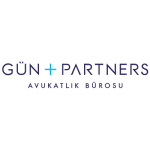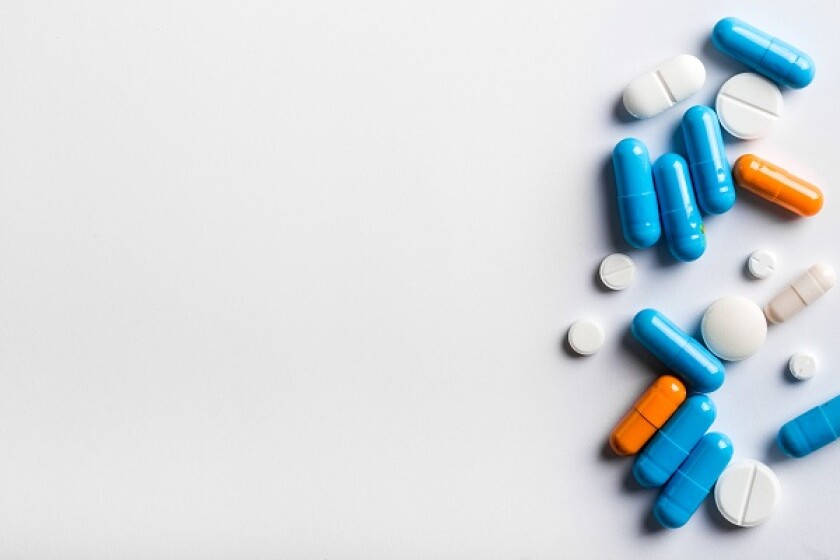An IP court has accepted the discovery of evidence demand made by an originator company against a generic pharmaceutical company after the court's expert panel confirmed that patent infringement had occurred, but has then rejected the originator's request for a preliminary injunction due to the so-called Bolar exemption.
Facts
An originator company filed a discovery of evidence request with a preliminary injunction demand against a generic company that completed all regulatory steps to commercialise its generic products without respecting the patent protection term of the originator. The originator argued that the generic company was ready to launch and that the patent infringement was obvious and undeniable due to the statements cited in the generic company's summary of product characteristics. The originator further argued that if the court did not grant a preliminary injunction, the originator would face irreparable losses as the price of its pharmaceutical would automatically fall to 40% as of the launch of the first generic pharmaceutical. Also, in accordance with the Social Security Institution's (SSI) cheapest equivalent pharmaceutical purchase policy, which reimburses 85% to 90% of pharmaceuticals used in Turkey, the SSI would purchase and reimburse the pharmaceutical of the generic company rather than that of the originator.
Decision
Considering that the generic company had completed all regulatory steps and was ready to launch, the IP court accepted the discovery of evidence request and appointed an expert panel consisting of two pharmaceutical chemistry experts and a patent attorney to evaluate the infringement by comparing the scope of protection of the patent and the statements cited in the generic company's summary of product characteristics. After comparing the summary of product characteristics and patient information leaflet documents of the generic products with the claims of the originator's patent, the panel concluded that the generic products fell within the scope of the patent.
Surprisingly, however, the court rejected the originator's demand for a preliminary injunction – despite the expert report concluding that the generic products infringed the originator's patent – on the grounds that the generic products had not yet been launched and therefore fell within the Bolar exemption under Article 85/3(c) of the Industrial Property Law (6769). The decision is both unusual and unexpected as the court accepted conducting a discovery of evidence by implicitly acknowledging that the patent holder had a legal benefit in discovery of evidence and that the Bolar exemption no longer applied. Therefore, the court's decision to reject the preliminary injunction based on the Bolar exemption is conflicting.
Comments
Defending and enforcing patent rights has been more challenging than ever during the COVID-19 pandemic, but it has been a relief for rights holders that the IP courts have been given the duty of taking care of discovery of evidence and precautionary injunction demands. However, experience shows that the IP courts are extremely cautious when it comes to granting preliminary injunctions even when the infringement is more than obvious. Most of them will reject demands for a preliminary injunction on the grounds that the demand requires a full trial. The reported decision of the IP court is an extreme example of the interpretation of legal benefit and the Bolar exemption for discovery of evidence and precautionary injunctions, which are not legally differentiated. The patent holder is now entitled to appeal the decision before the district court. Despite the unfair decision, the expert report confirming the obvious patent infringement and the IP court's interpretation that the generic company was seeking to launch the product may at least send a message to the infringing party that the infringing products should not be launched. It seems that the patent holder will have to be satisfied with this indirect message for the time being.













